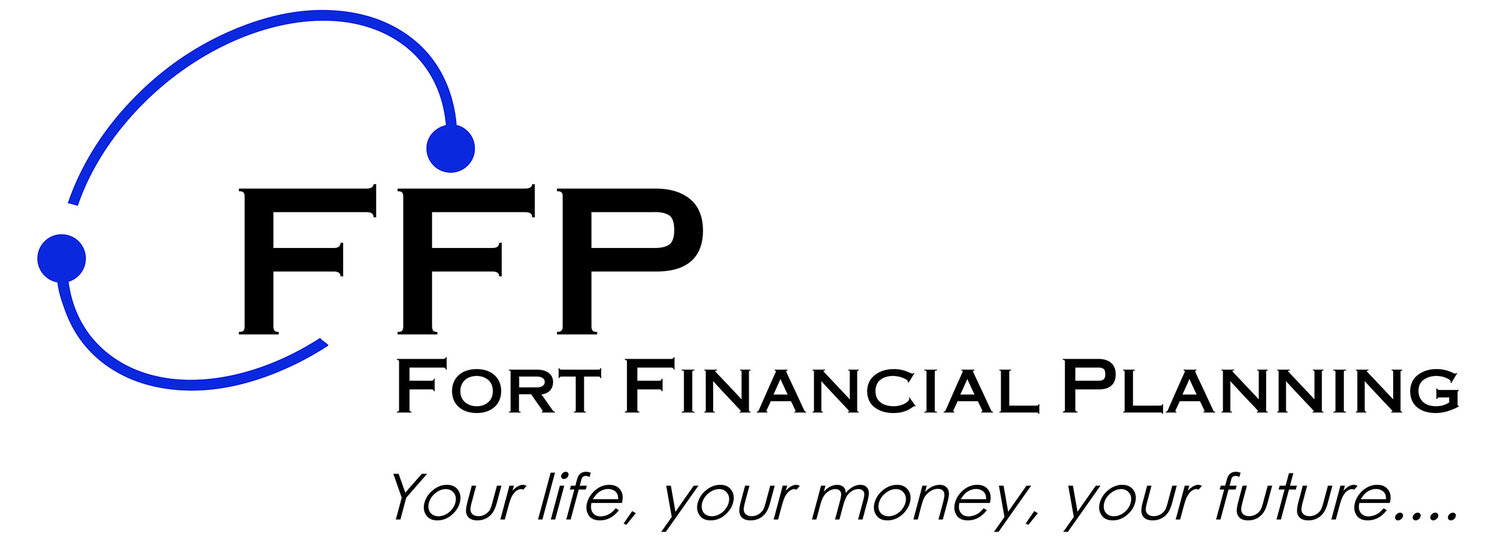The Honest Truth
There are few bigger priorities for people today than investing for the future. The rising cost of health and education, soaring house prices, longer life expectancy and the increasing strain on welfare budgets means it is vital that everyone does what they can to remain financially independent for the rest of their lives.
Sadly the reality is that most people are saving far too little and their knowledge of the financial markets is almost entirely based upon the financial press and comments from friends and family. In general terms, FFP would argue that ordinary investors typically end up doing precisely the opposite of what they should be doing. The articles that we have written throughout 2018 aimed to explain, as we call it, the Art and Science of investing.
The biggest mistake that most people make is not determining what their financial goals are. They might decide on some short term goals like a new car or special holiday, but they rarely spend time finding out what they want to achieve longer term.
Even when they do know - and the goal may be as simple as ensuring that they never ever, in any circumstances, run out of money – they don’t then run the numbers. Very few people have any idea how much their current lifestyle costs them let alone having worked out how much it might cost when they stop working for a living.
At retirement most people suddenly become time rich. One of the major benefits of working, at least until Internet shopping was discovered, was that working stopped you from spending. In retirement, the cost of travel may increase significantly. Many people, now that they have the time, wish to travel the world or, indeed, to see more of the United Kingdom. It is not unusual for travelling expenses to increase significantly. For those people who stay at home, they have to pay the cost of heating the home during the day and not just in the evening. Without knowing the cost of one’s lifestyle it is very difficult to make sensible investment decisions.
It is only when this future lifestyle has been identified that real financial planning can begin. It is then possible to work out how much needs to be saved, what rate of return is required, whether it will be necessary to downsize and how much needs to be held in reserve for doom and gloom scenarios such as the provision of long-term care.
One of the biggest impediments to becoming financially well organised, which is a consequence of planning for the future, is that it appears to be too big a job. The hardest part is getting going. The alternative is not getting started, remaining financially disorganised and not knowing with certainty what the future holds. Food for thought?

